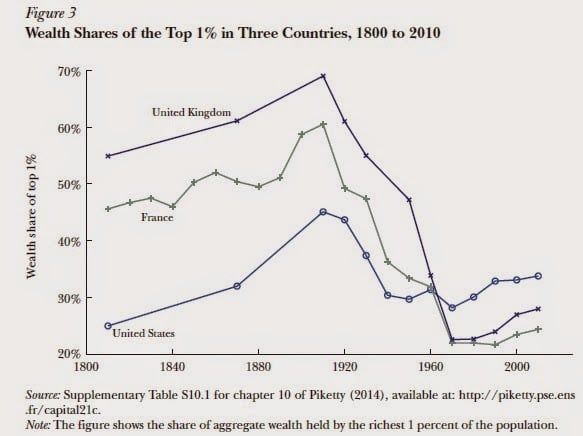
I’d generally agree, but the problem is that this particular instance is much higher stakes than most elections.
Generally speaking, the worst case scenario would be someone like John McCain taking the reins instead of Obama. I didn’t agree with McCain about a lot of things but he was a generally honorable guy who wanted to do the best for American democracy.
Now we have a group who is polling to win and outright saying “America needs a dictatorship”. If they get their way, it could be the last election we ever have.






I don’t think that’s the case at all. Not everything has been successful, and in many cases efforts got watered down so they could pass congress. However, Obama and Biden have pushed for some pretty serious left wing talking points. Some examples off the top of my head:
-Medical reform
-Student loan forgiveness
-Renewable energy initiatives
-Marijuana rescheduling
-Repealing Don’t Ask Don’t Tell in the military
-Immigration clemency with DACA
Compare that with Bill Clinton, whose strategy explicitly was to place himself midway between liberals and conservatives